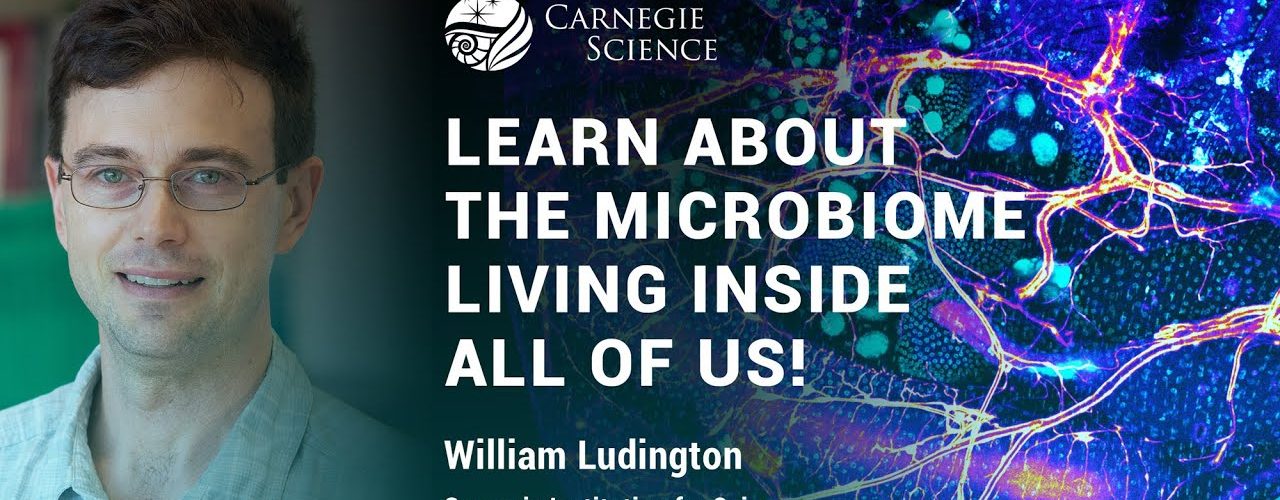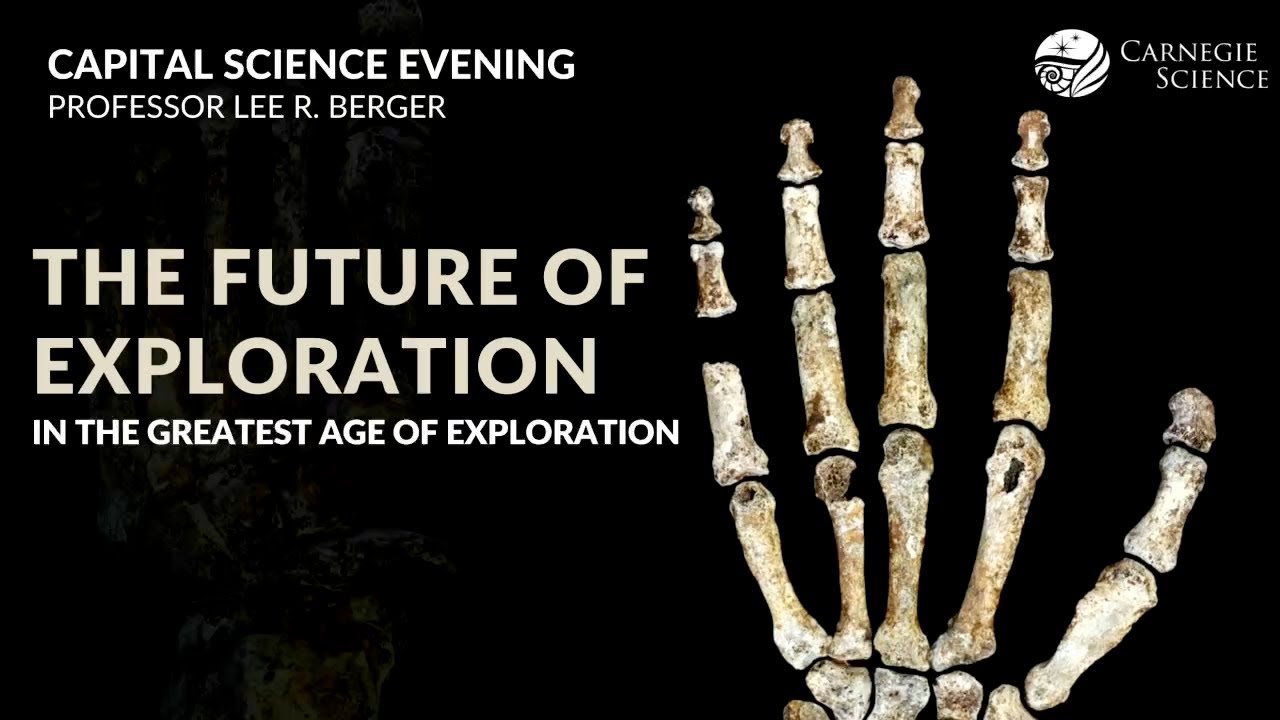Join us to learn about the microbiome living inside all of us from Will Ludington, a staff scientist at Carnegie’s Department of Embryology.
The gut microbiome is an ecosystem of hundreds to thousands of microbial species living within the human body. The sheer diversity within the human gut presents a challenge to cataloging and understanding the affect these communities have on our health, including longevity and the effectiveness of antibiotics. Biologists are particularly interested in determining whether or not the microbiome as a whole is greater than the sum of its parts. In other words, to what extent do individual species influence our health and physiology, and to what degree are these impacts determined by interactions between the species present in our microbiomes?
So, the Ludington lab investigates the ecological dynamics of microbial interactions using the fruit fly Drosophila melanogaster. The fruit fly gut carries far fewer microbial species. Using these insects to understand species-species interactions in the gut microbiome could drive improvements in precision medicine and guide the development of regenerative therapies.
Ludington earned his Ph.D. in cellular and molecular biology from the University of California San Francisco in 2011. Before joining Carnegie as a staff scientist in 2018, he was the Bowes Fellow at UC Berkeley.
April 30, 2020





